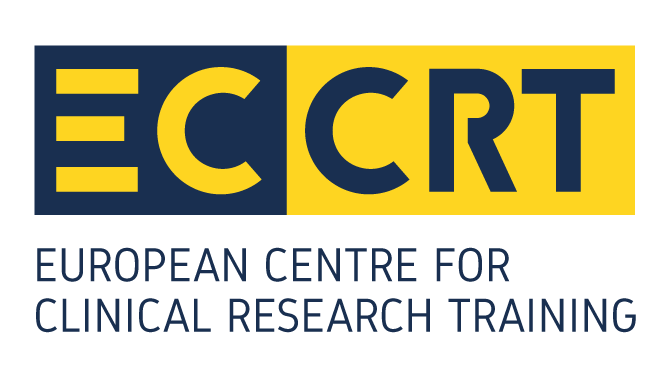
5 facts you need to know about a CRO
Many biotech companies underestimate the importance of selecting the right CRO: they do not realise that they put their (very often) single asset into the hand of an external party. As a fact, multiple biotech organisations didn’t make it simply because they selected the wrong partner for their venture. Here are a few facts we want to share to help you succeed in your collaboration with a CRO.
1. Sites like working with CROs
Indeed, the last CenterWatch survey shows that there is not a preference for working with Sponsors directly anymore. CROs have learned from their past experiences and now their CRAs are better trained on disease, soft skills and GCP. Working with CRO does not impact anymore the Sponsor-site relationship.
2. CROs are moving from full service to either partnership or functional outsourcing.
Sponsors are using more and more outsourcing models. The new model used is moving from full service to either partnership or functional outsourcing. Actually, there are more and more specific functions outsourced and these ones can be performed either in-sourced or remotely. Unsurprisingly the monitor is the most outsourced function but what is surprising is the regulatory affairs that is mainly kept internally!
3. The service and cost proposal are prepared by the business and development team.
Yes, that’s right! Actually, the B&D team uses pre-filled templates and compares with similar studies to provide you a proposal in line with the market trends. Sometimes, the Clinical Operations team can provide an input but that is depending on their availability.
4. Guidance for the budget is essential
You need to have an idea of the budget needed for each task outsourced in order to challenge CROs on their assumption. The best way to compare budgets from different CROs is to provide a template with guidance on how to complete it so everyone starts with the exact same assumptions and you can compare apples to apples.
5. Trust is what CROs value the most
What is the secret for good CRO oversight? Trust! Indeed, it’s essential to build good relationships and, therefore, avoid misunderstanding and micromanagement. You can put in place anything you want such as oversight plan, status report, regular meetings, but at the end that will work with trust only. Without trust the CRO will not be able to use its expertise to manage your project properly.
Do you want to read what Benedikt Van Nieuwenhove has to say on how to avoid pitfalls when working with CROs as a Biotech Company? Contact us to get his complete interview!
Do you wonder how to have a successful partnership with a CRO and what you need to do? Check out our 2-day interactive CRO Management course.
By Nelle Stocquart – 12 JUL 2018
